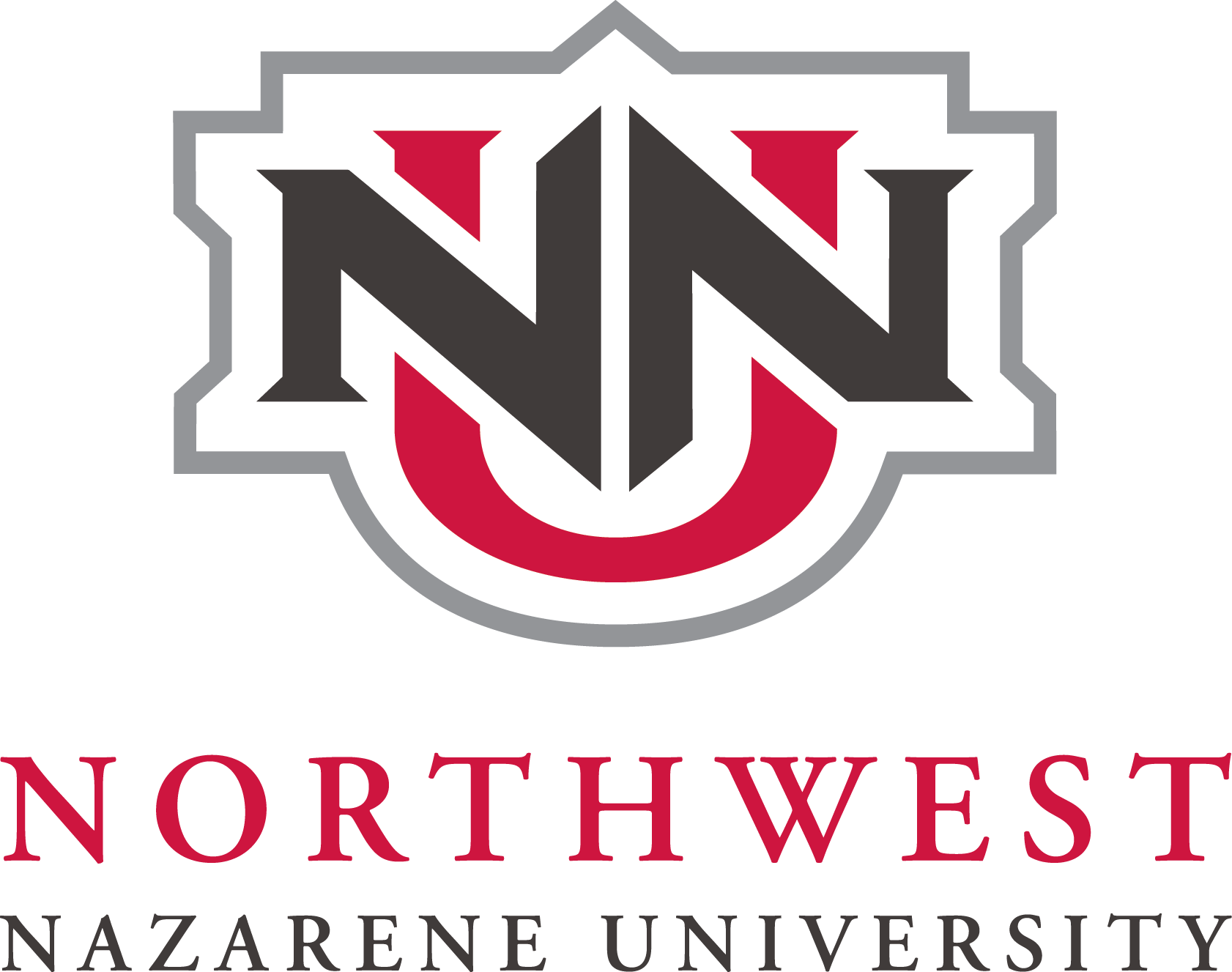Josh, a 26-year-old insurance adjuster with a degree in business administration is considering getting his MBA. A quick Google search for “graduate school rankings” yields a dizzying array of hits. On the first page alone, there are rankings from at least 10 different rating entities. Narrowing the search, he tries “best MBA programs in the US.” The results are even more confusing: more than 15 separate rankings show up on the first page. Frustrated, Josh slams his laptop shut before he clicks on even one list. He’s not alone. When you’re considering grad school, especially if you are open to relocating, where do you even begin?
We’re here to help you navigate your search and make sense of all those confusing (and conflicting) lists. So grab a cup of coffee, put your favorite playlist on, and let’s dive in.
While graduate school rankings can provide a quick overview of the perceived quality and reputation of programs, it’s essential to approach them using your best analytical and critical thinking skills. There are many factors to consider when interpreting these lists. Here are our top few:
First, and most important, methodology matters. Don’t worry, we’re not going to have a statistics lesson here, but ranking systems use different methods. Some prioritize research output, others focus on the reputations of their faculty, still others consider student satisfaction, location, cost and career placement. When you look at a list, look at what was measured and how. You must understand the criteria considered and assess whether it is a good match for your own priorities.
Josh, with his search for the best MBA programs, got overwhelmed before he even began. Narrow your search criteria. Consider location, cost, area of interest or discipline, curriculum and admission requirements and put the most important items to you in your search. Subject-specific rankings can be quite useful when used properly. A US News and World Report “Best Graduate Schools in America” is great PR for the schools chosen, but it may not yield you the results you need.
Consider reputation vs. fit for you. A high ranking program might have a strong reputation, but that doesn’t make it right for you. Sometimes the best fit might be in your own backyard. Sometimes it might be your alma mater. Consider your goals, your finances, your family situation and your employment status right alongside the academic program.
Check out employability. What have graduates of the schools and programs you’re considering accomplished? Do they align with your goals? What is the job placement rate for the school you’re considering? A key indicator of a program’s quality is its ability to prepare students for their desired career goals.
Visit, visit, visit. We can’t stress this enough. You likely visited your undergraduate alma mater before you decided to attend. Visiting a potential grad school is just as important, maybe more. Many undergraduates are as concerned with the “college experience” as they are the academic programs. As you mature and progress in your career, the academic programs take center stage. Google is a great tool, but get your head out of your computer and get your feet to the programs you are considering. Ask questions, meet faculty, take advantage of open houses—they’re there for you! NNU has a robust schedule of offerings. Check it out here. Also check out NNU’s graduate admissions page. There’s a great deal of info right there.
Talk to Current Students & Alumni. Check with the graduate admissions office to see if they will connect you with current and former students. Ask questions about their experience, how the program impacted them and their career and whether they would choose the school again. This might be easier than you think, especially if you’re considering your alma mater or a school in your current location. It might feel intimidating to make that call, but it could pay big dividends.
Consider future opportunities beyond employment. Are there opportunities like research, networking, innovation or cross-discipline collaboration? Is that important to you, or even interesting to you? A program’s ability to connect students with industry leaders and provide valuable learning experiences can significantly impact your future goals.
Finally, remember that lists, research and rankings are only one tool available to you. Yes, they matter. But what’s really important is what matters to you.
PS: You’ll be happy to know that Josh re-opened his computer, got strategic with his search, visited his school of choice (more than once), and is now just a few hours shy of earning his MBA.








